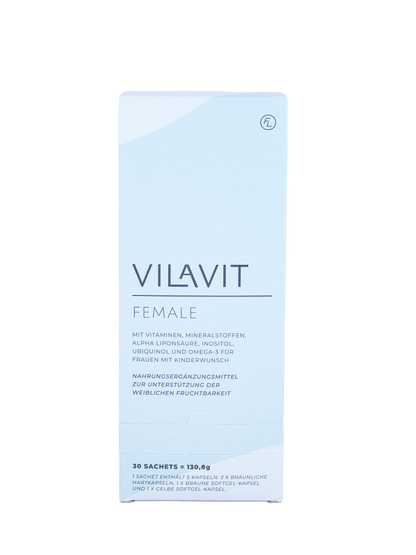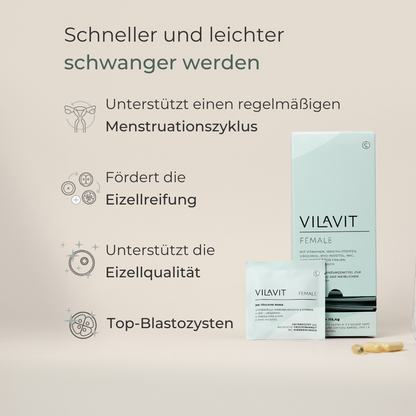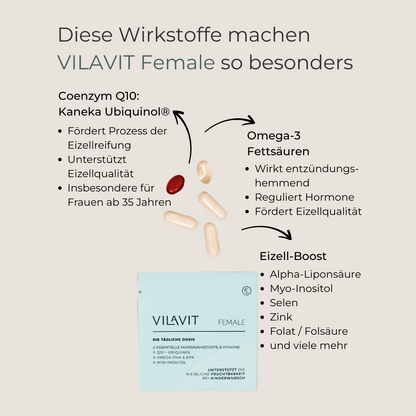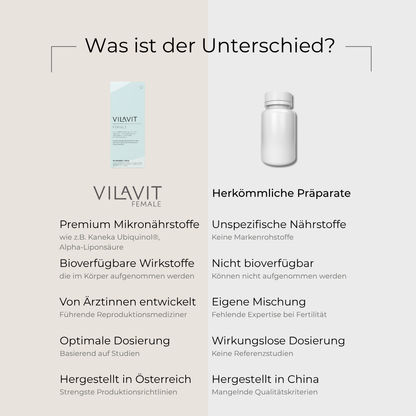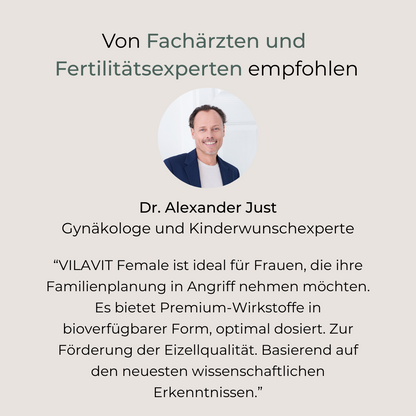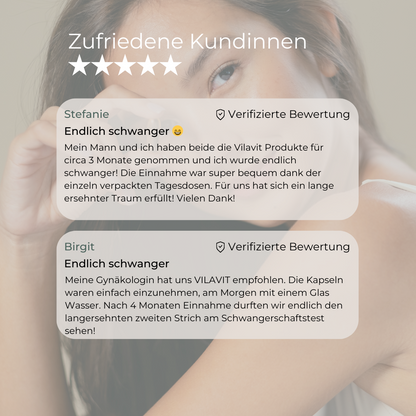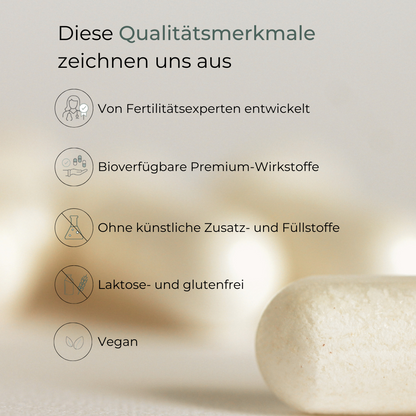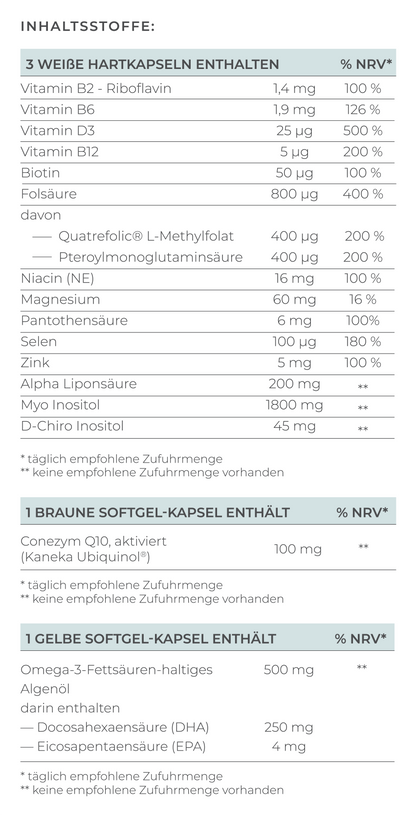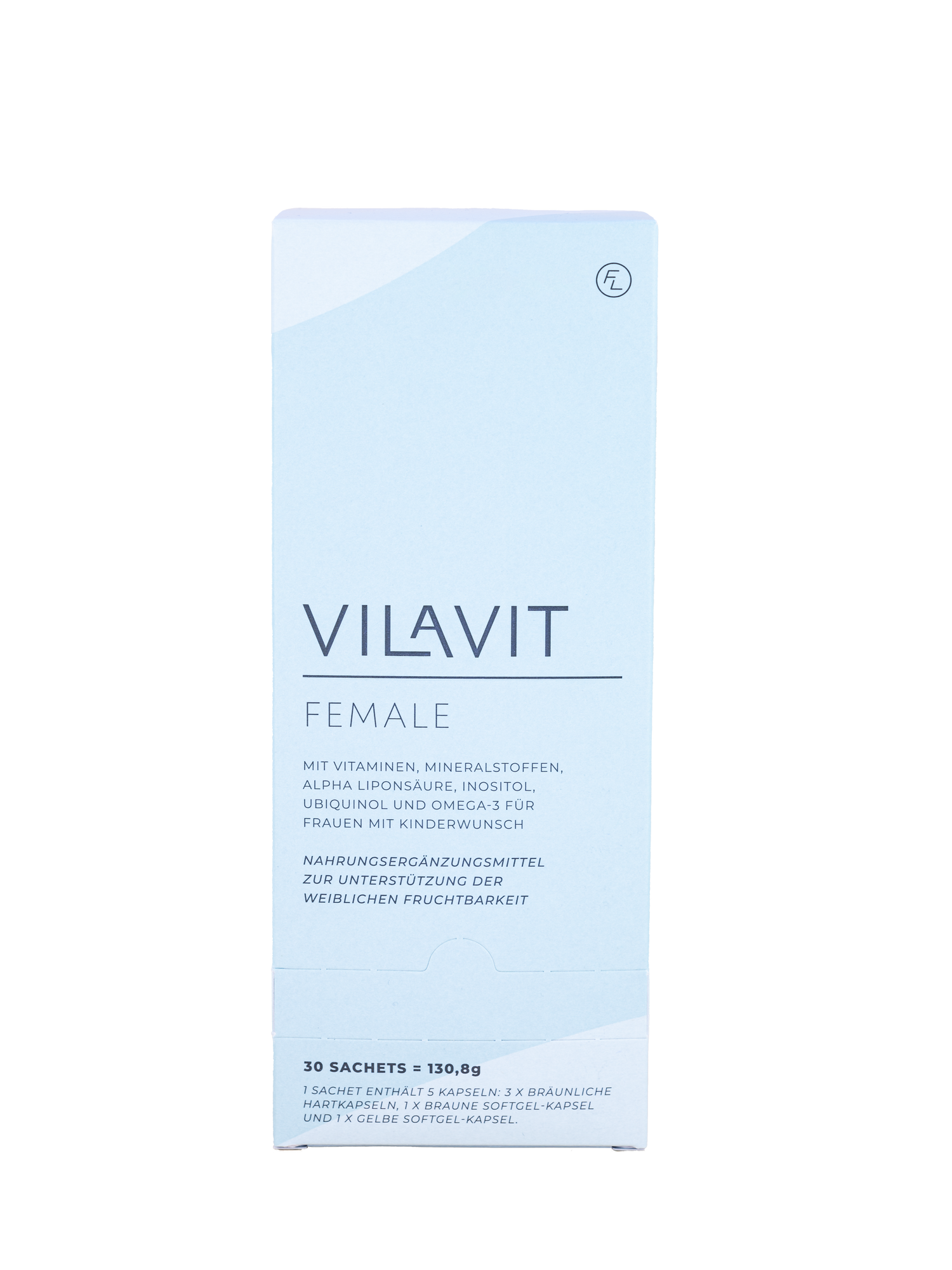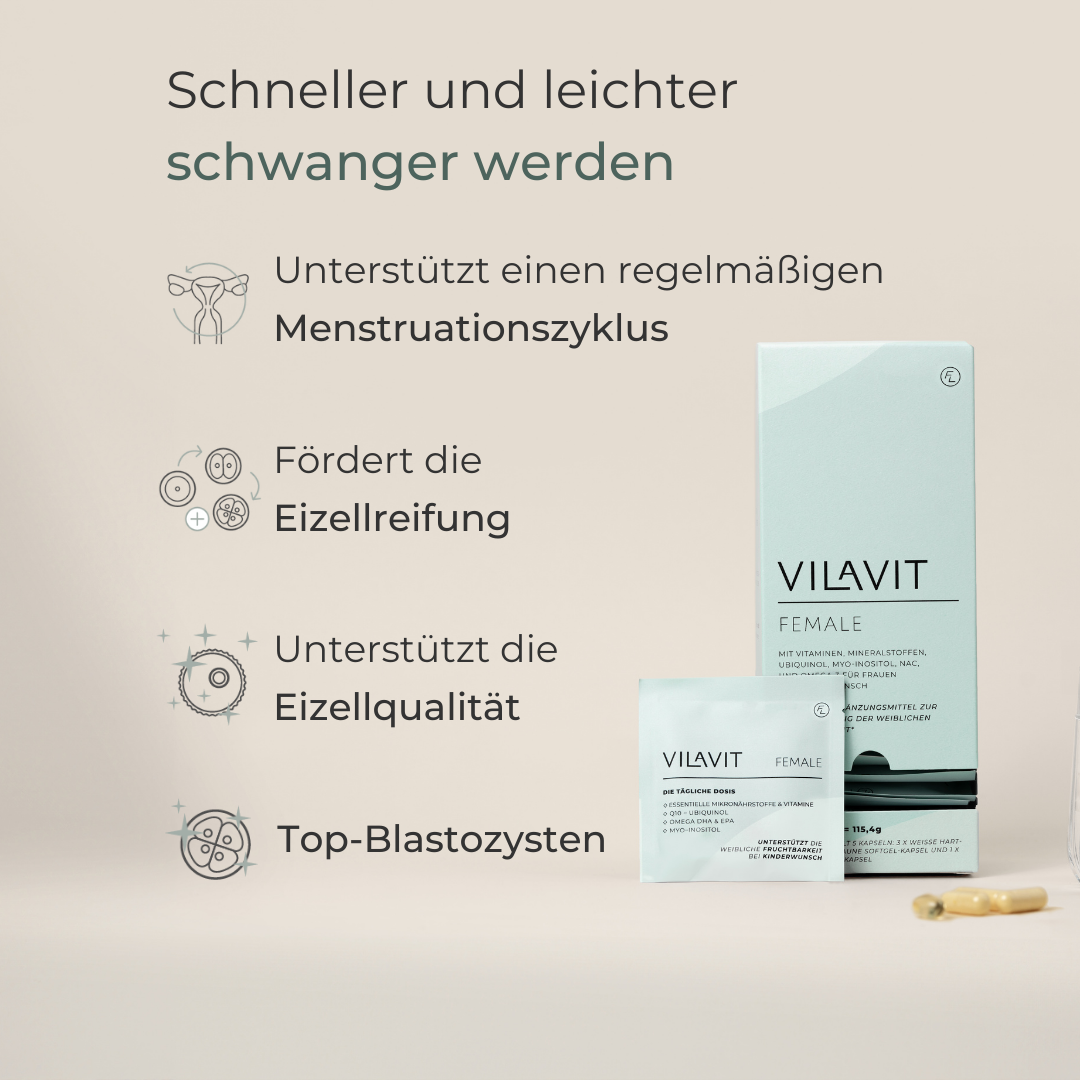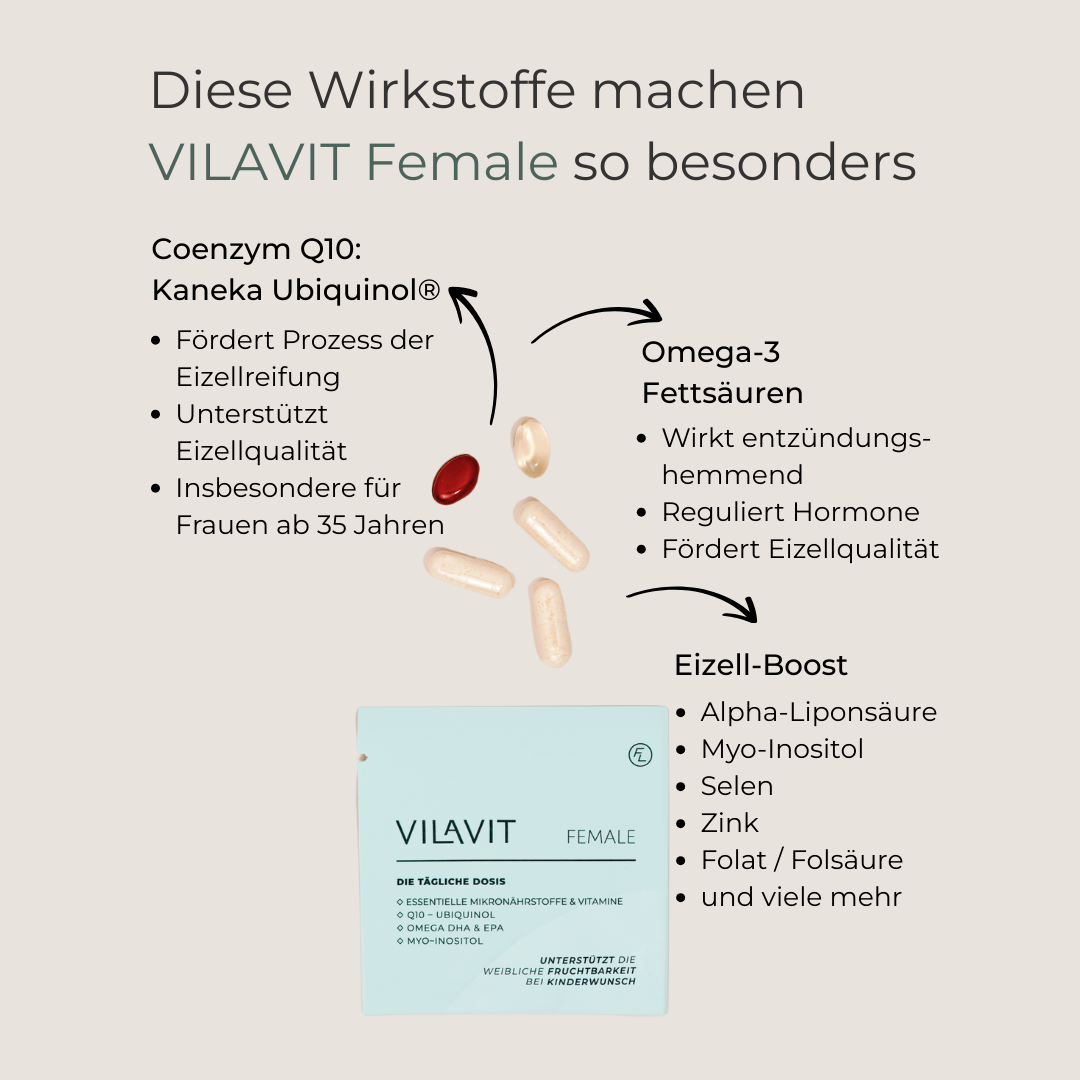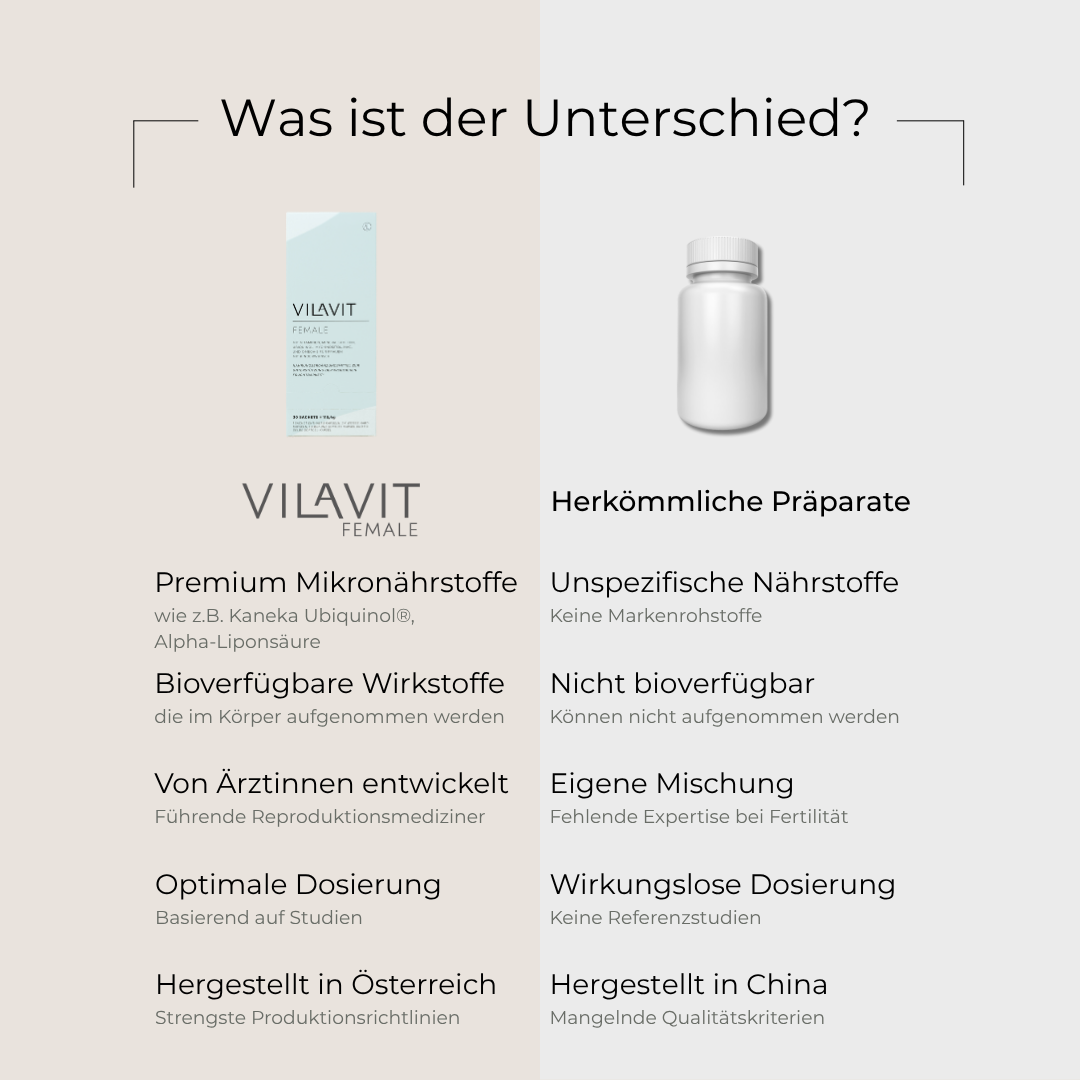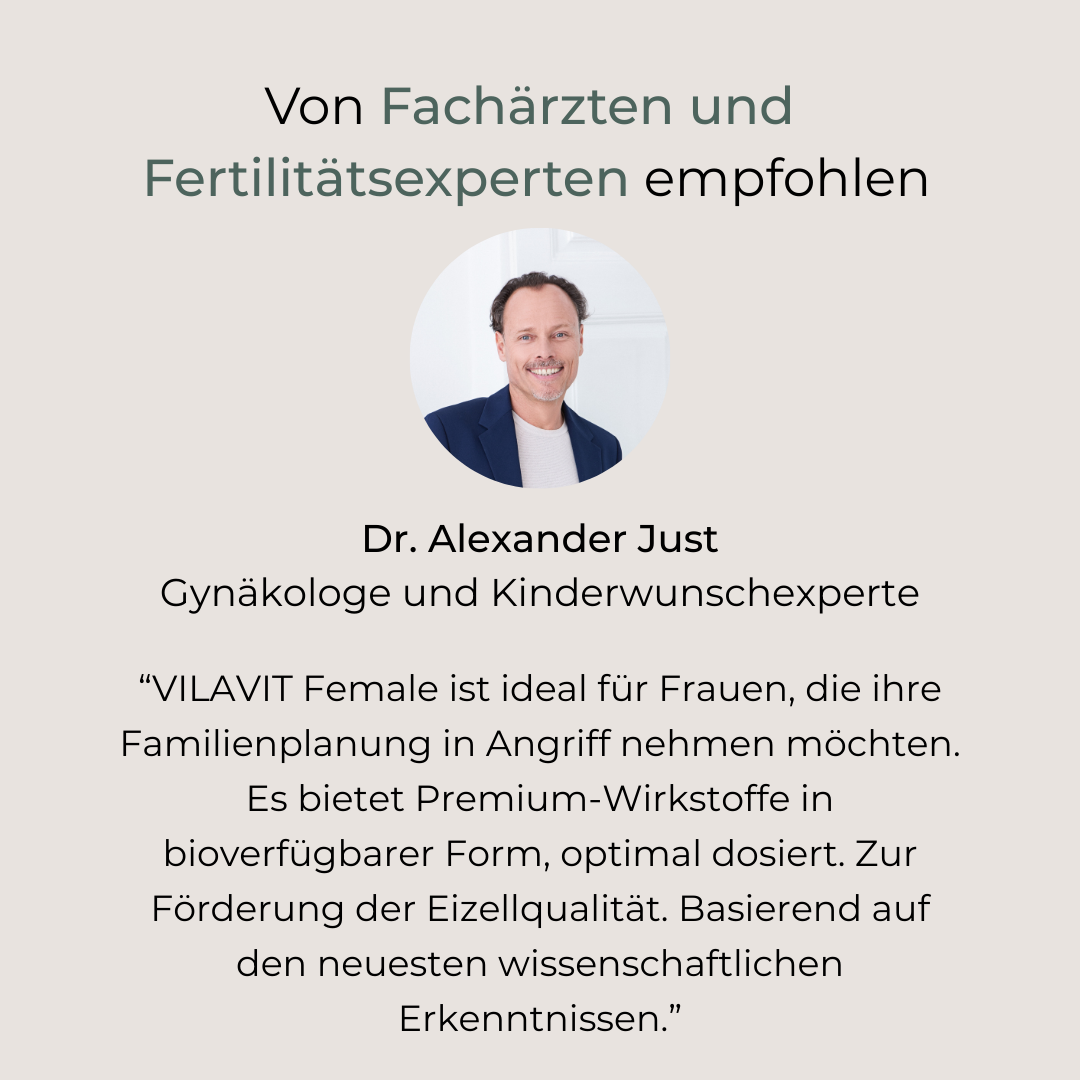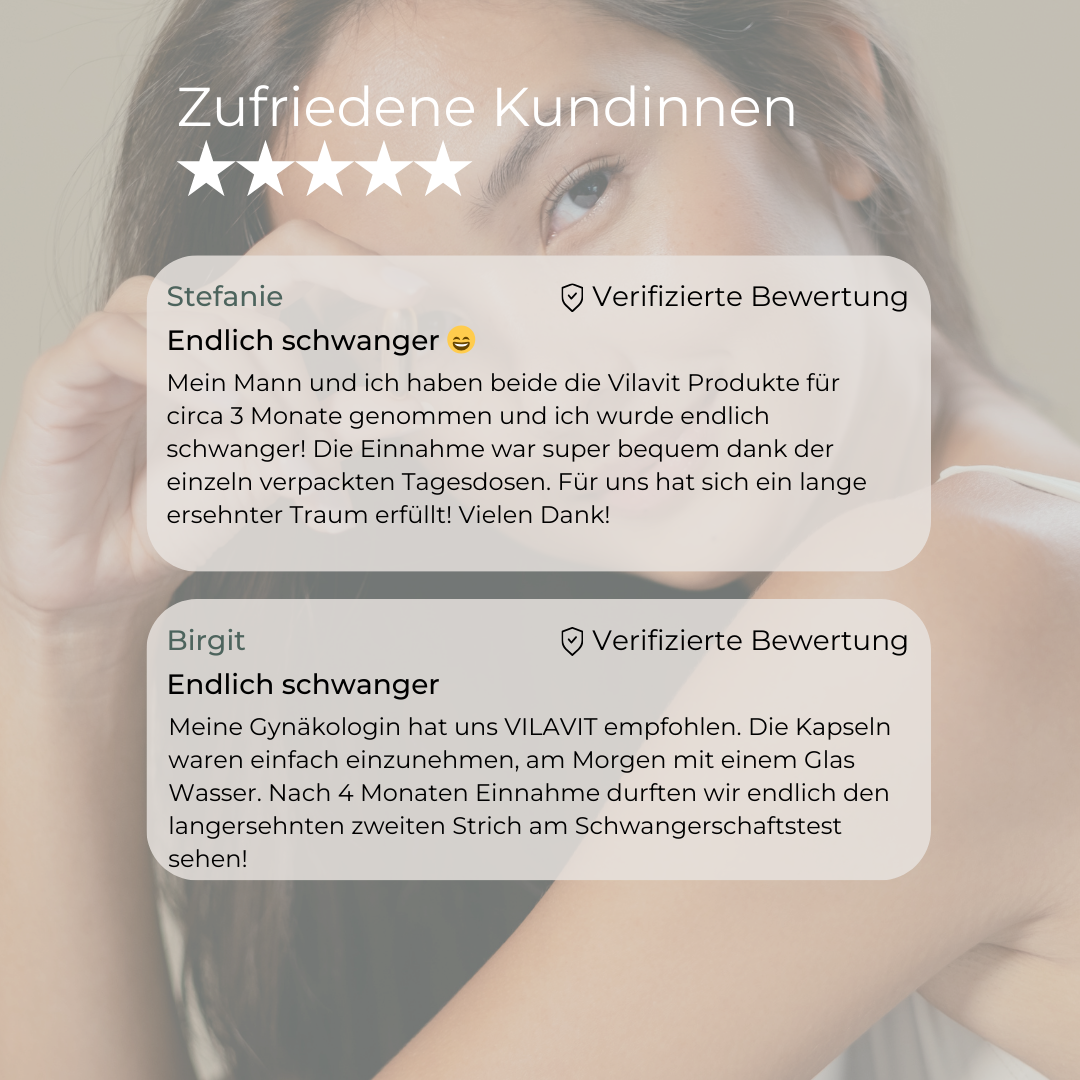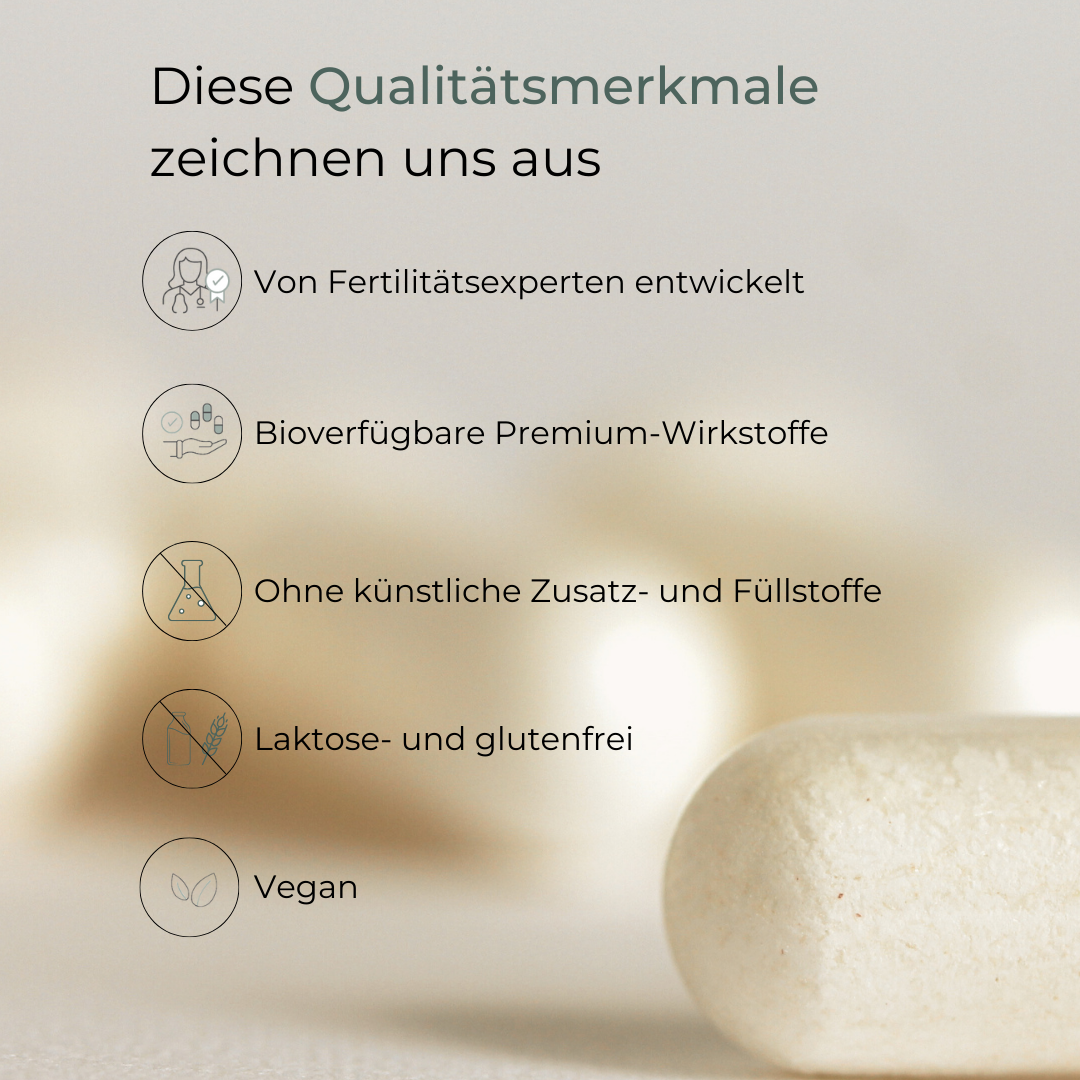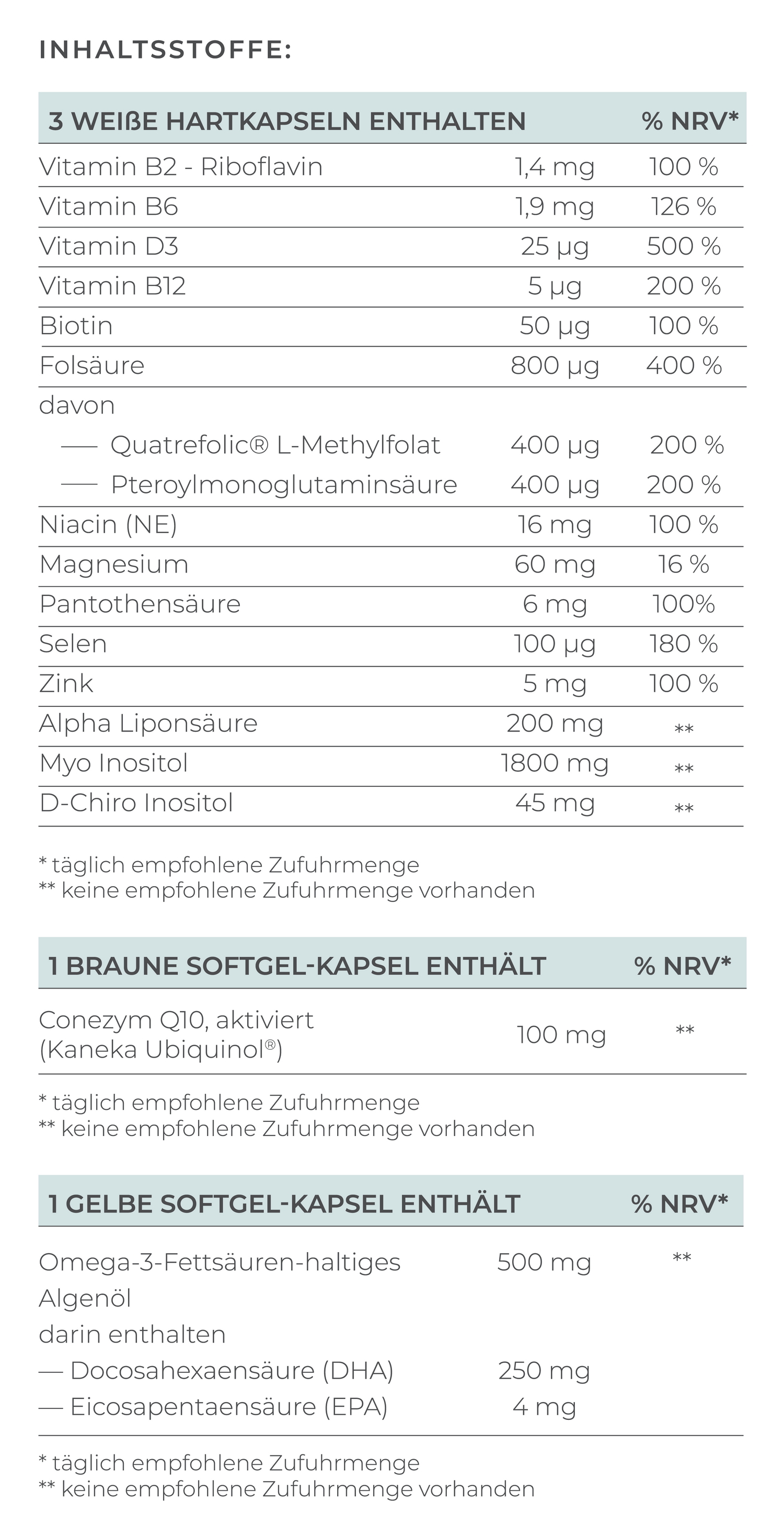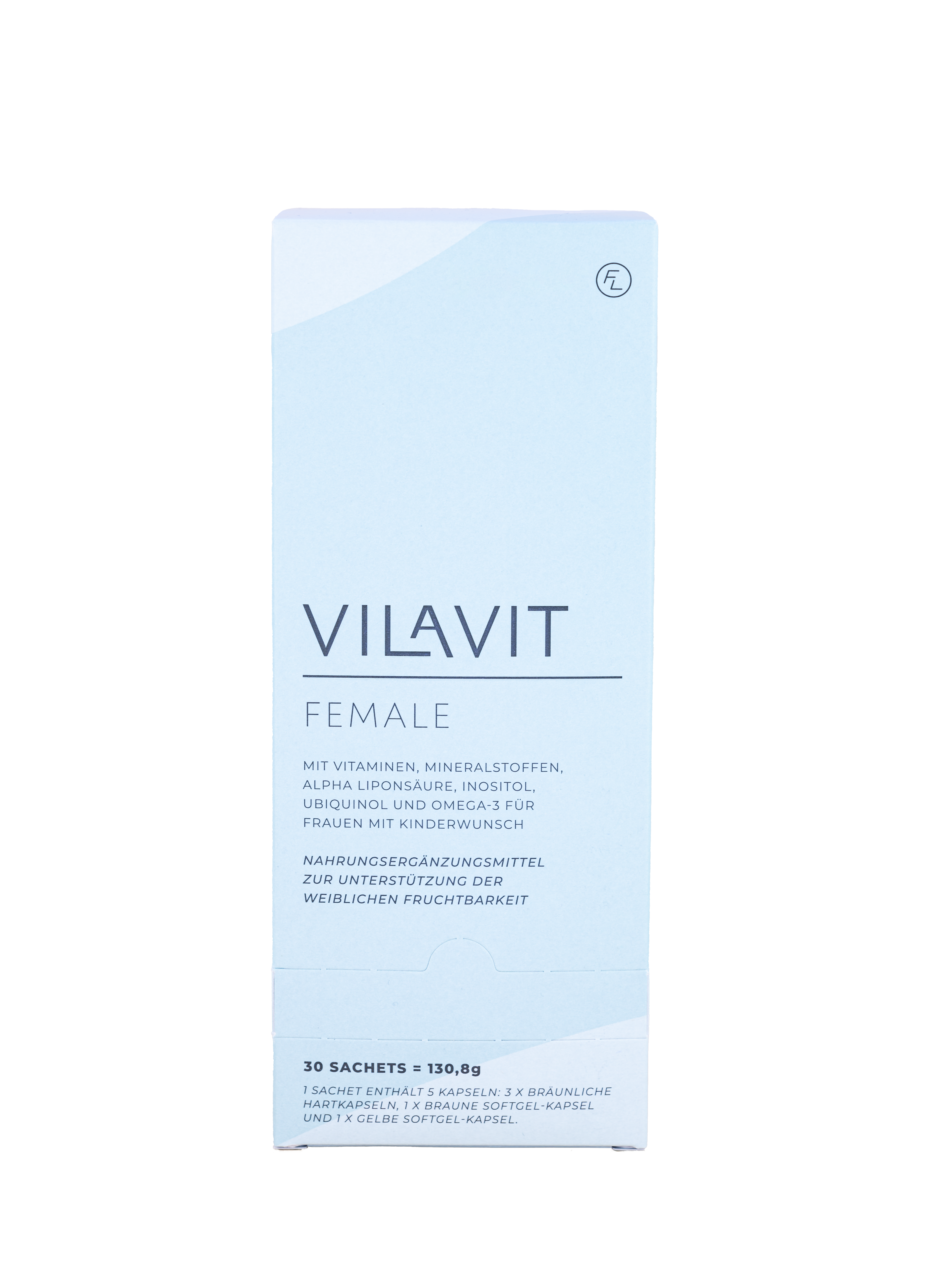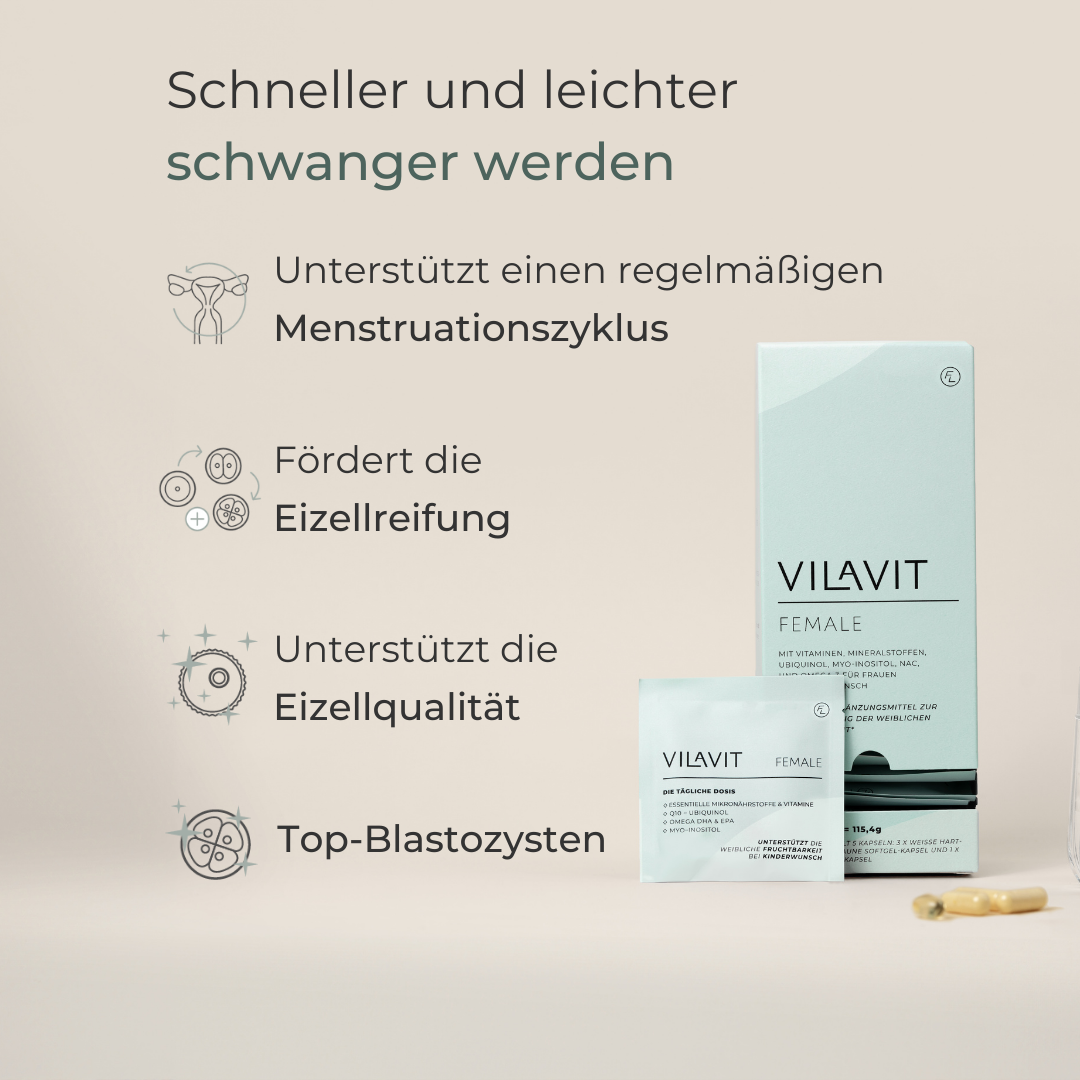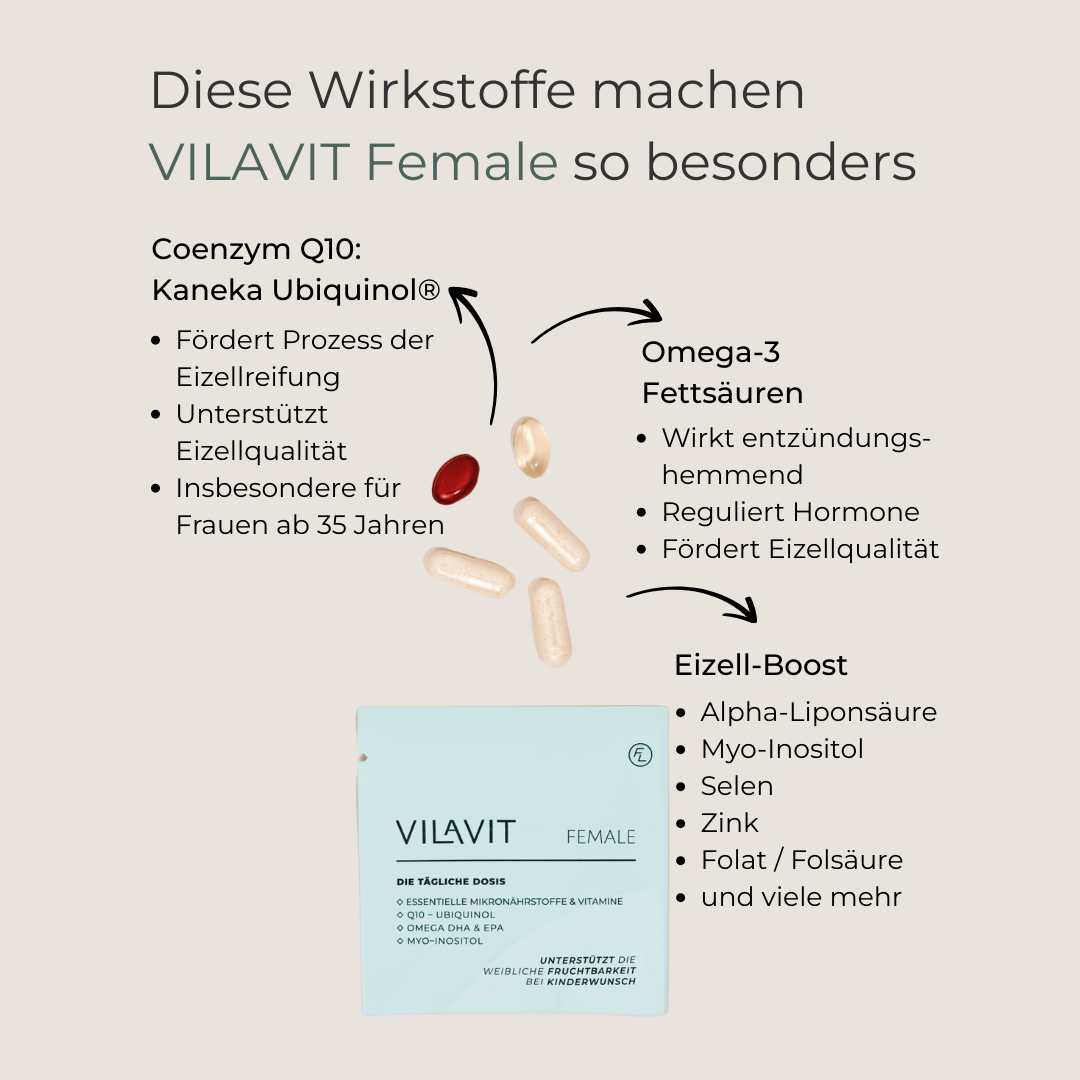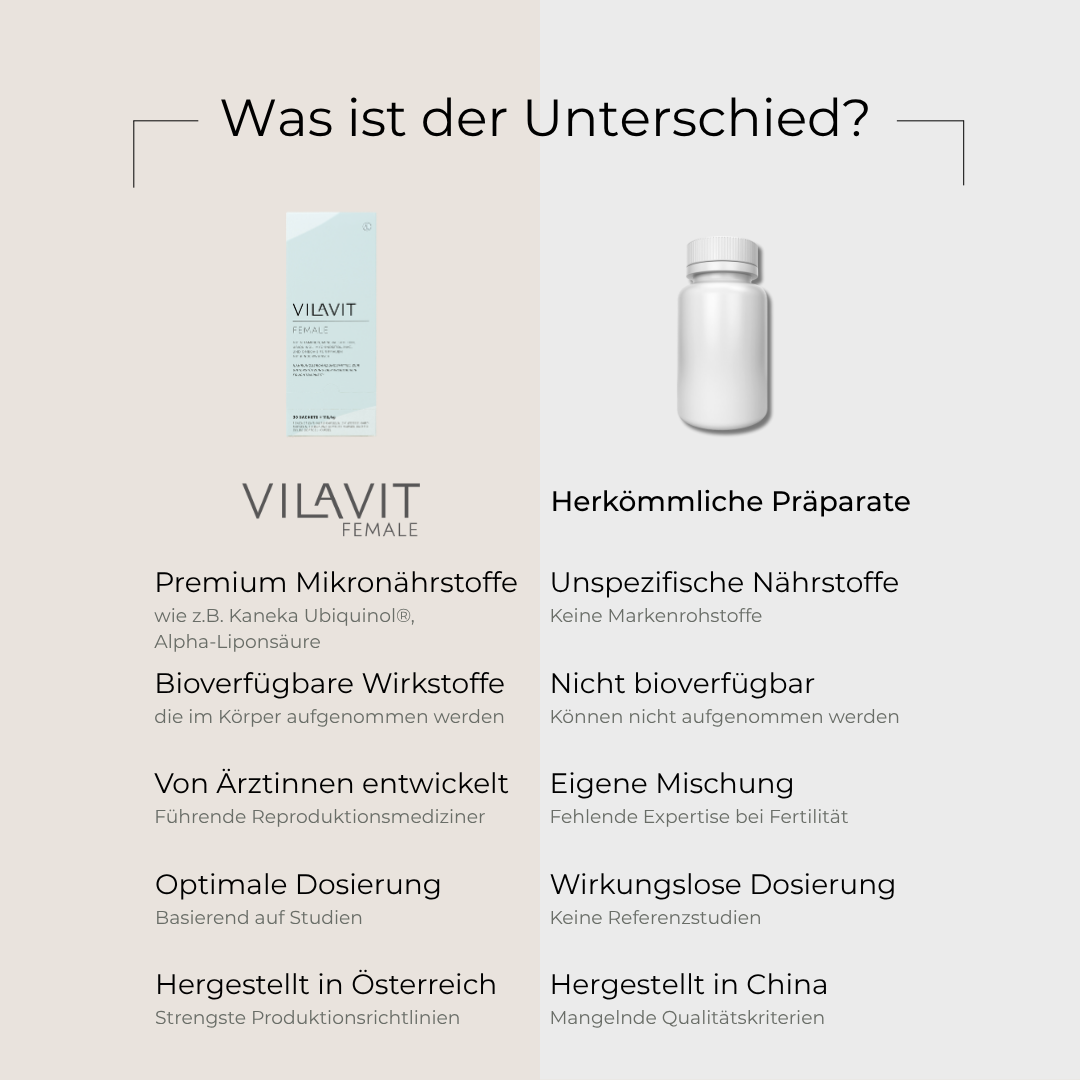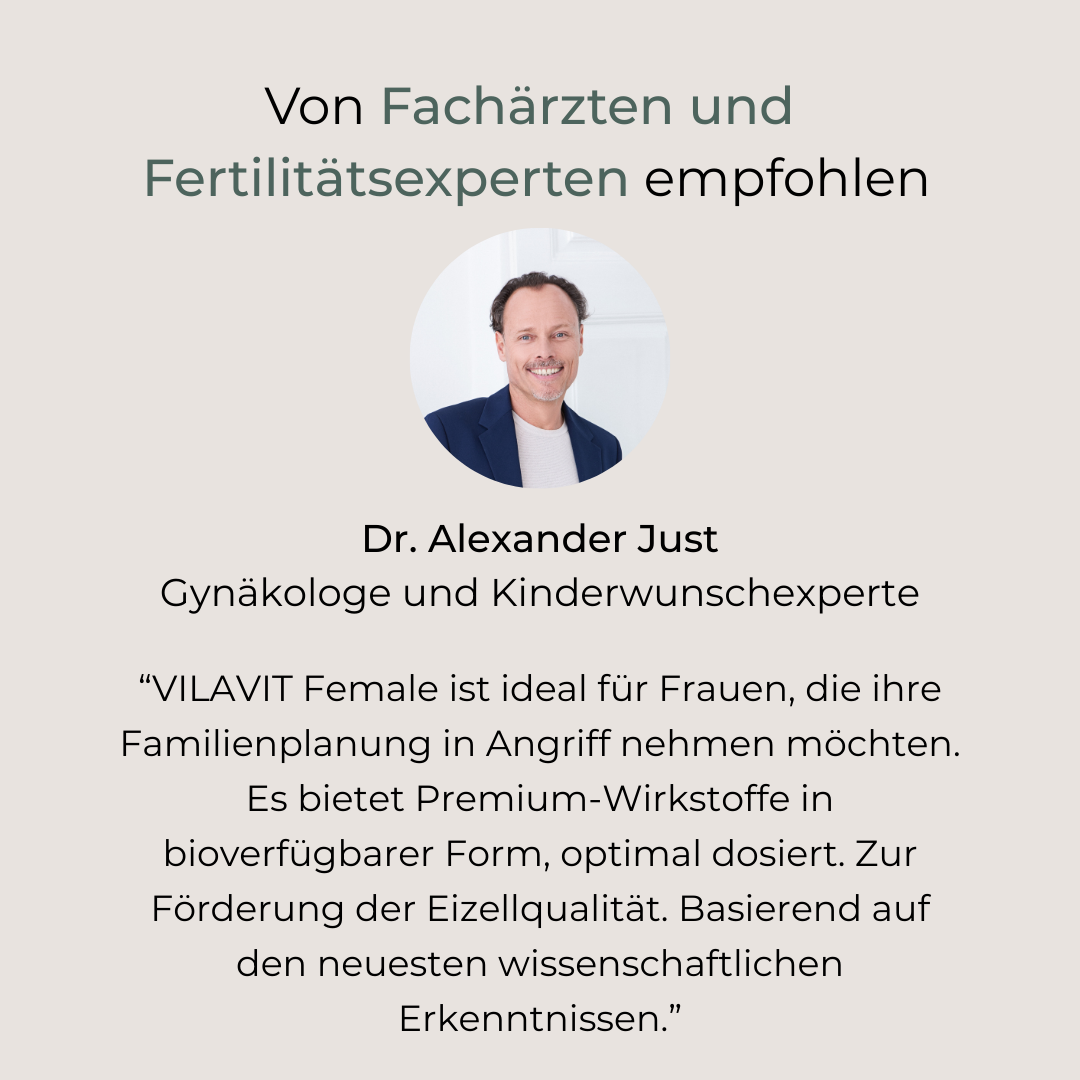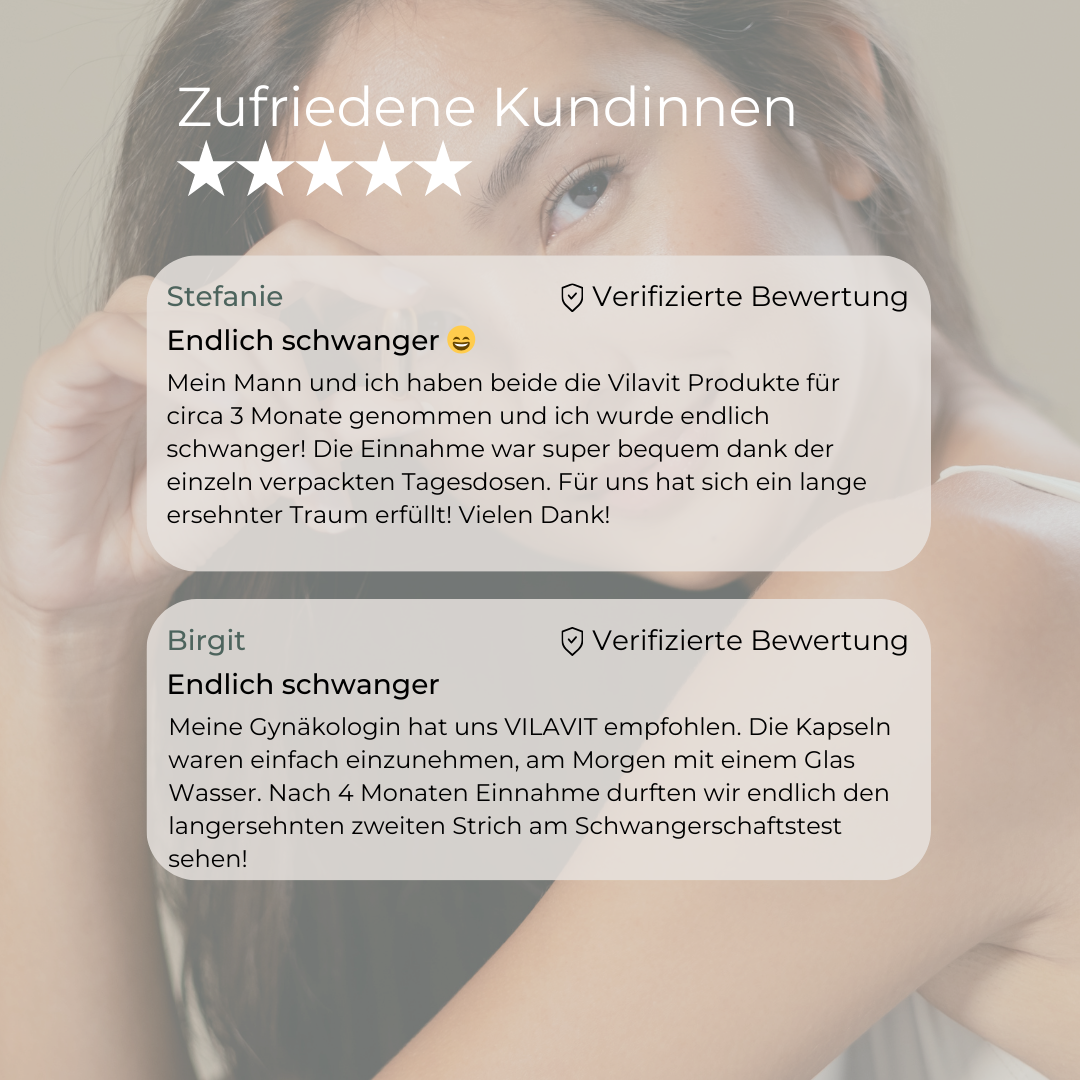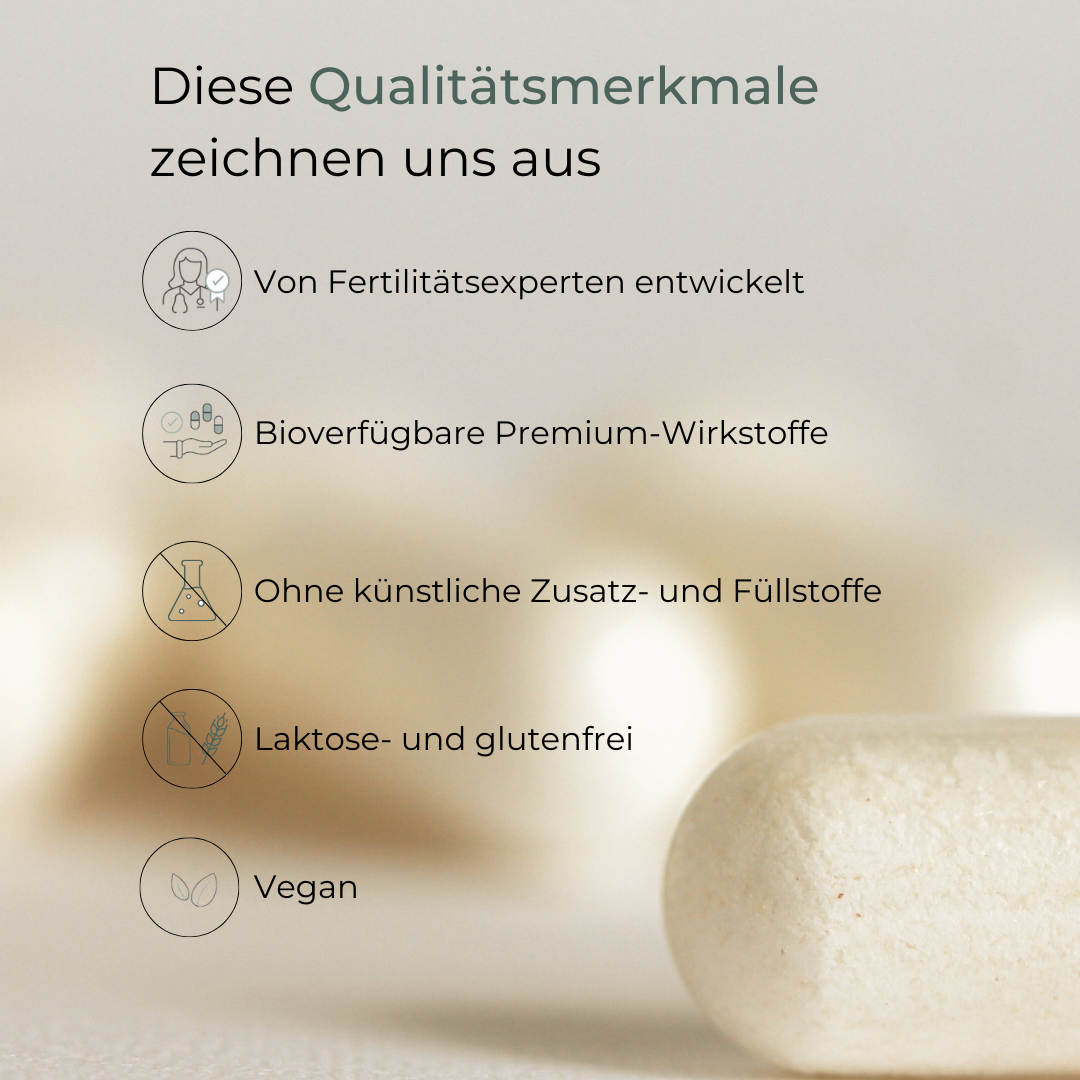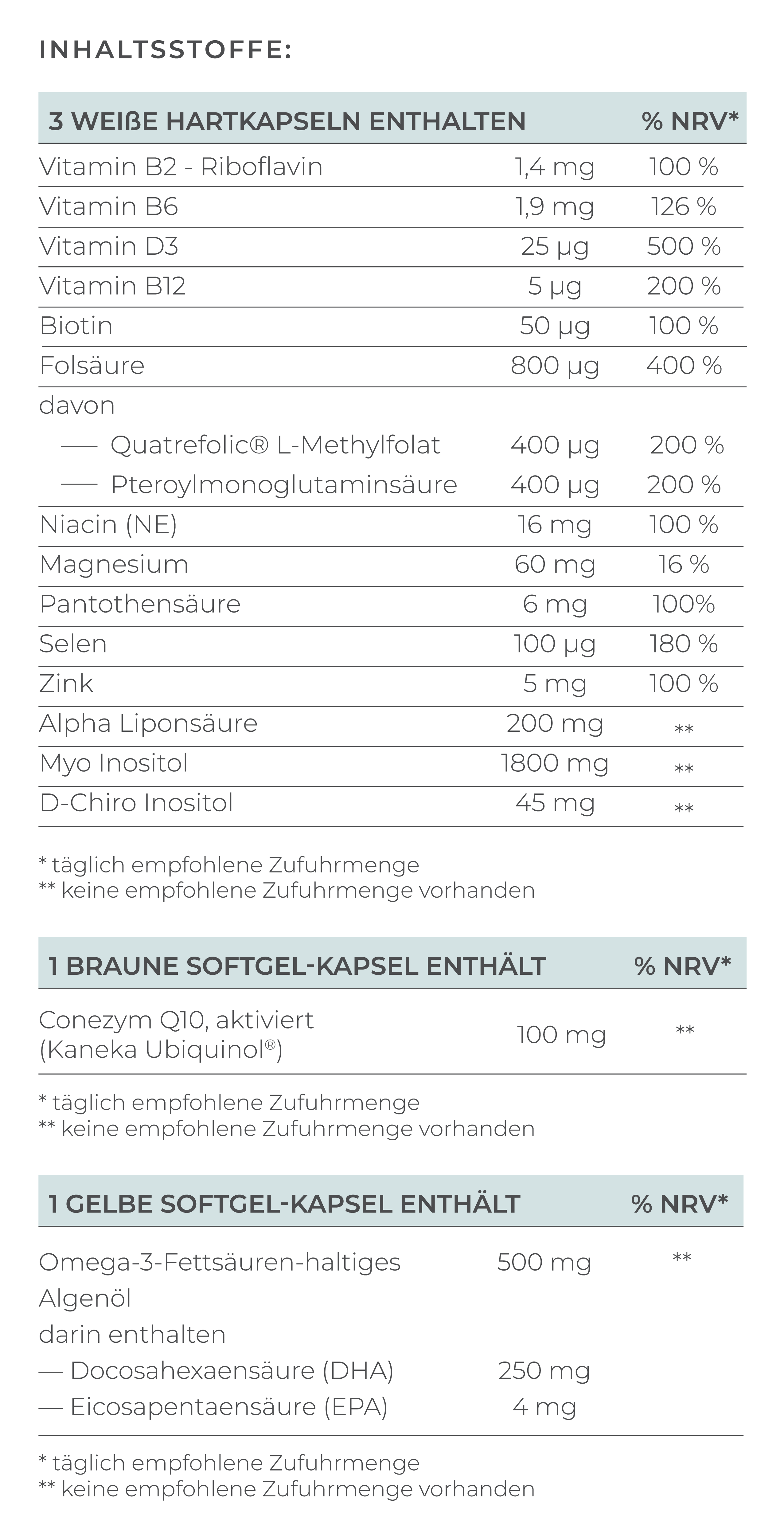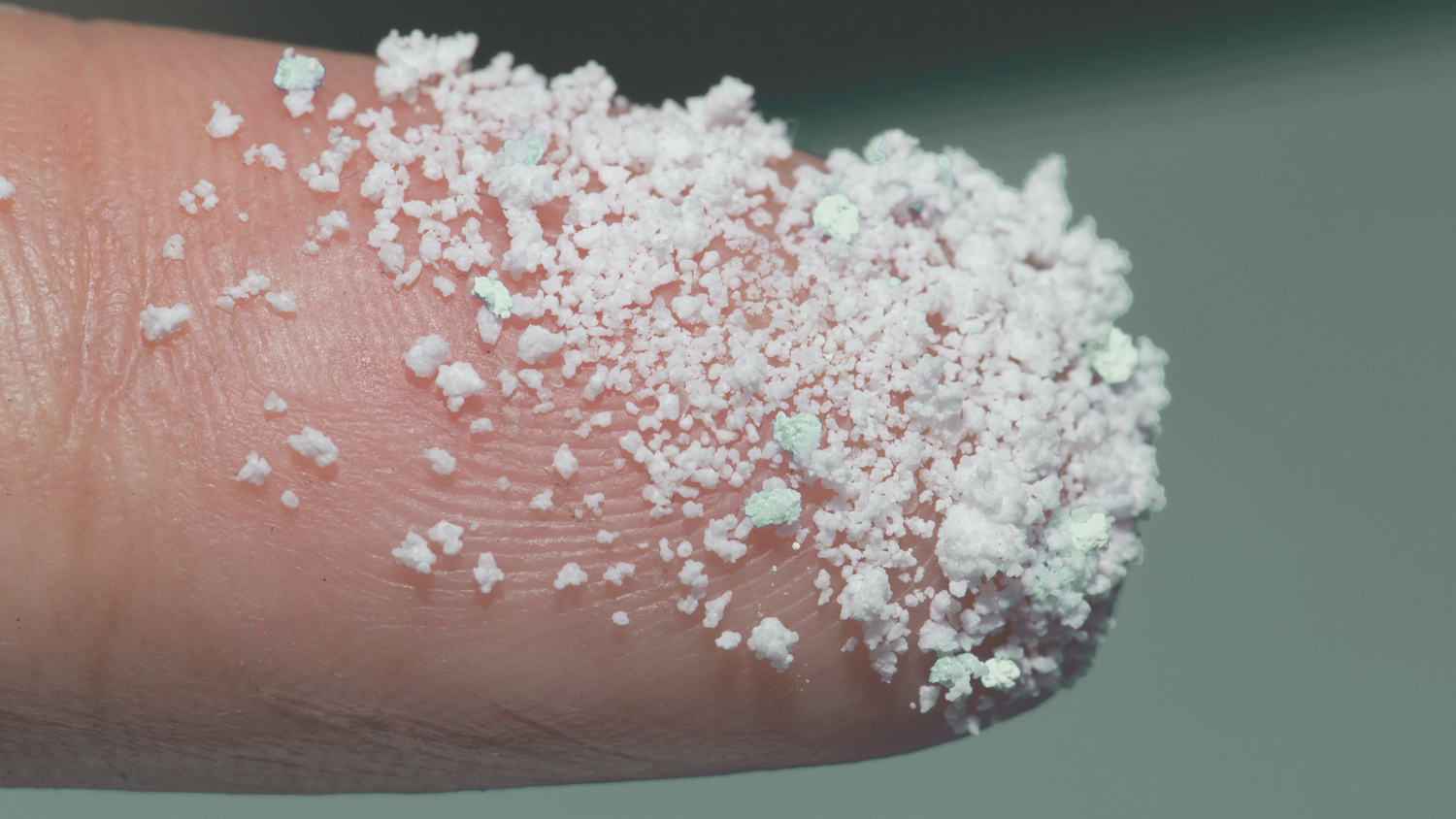Key Information on Getting Pregnant at 40:
- Fertility starts to decline after age 30, and by 40, the annual chance of getting pregnant is 40-50%.
- Women have a limited number of eggs, which decrease with age and become more prone to genetic defects.
- Many women over 40 can still conceive naturally.
- With increasing age, the risk of complications such as high blood pressure, gestational diabetes, and miscarriage also rises.
- Close monitoring is recommended for pregnancies at 40+.
Pregnancy at 40+ is No Longer Uncommon
Today, many women are choosing to have children later in life. They often prioritize stable life conditions, establishing a career, and solidifying a long-term relationship before starting a family. The average age of first-time mothers has steadily increased. In 2015, it was 29.5 years, and by 2023, it had risen to 31.7 years. More and more women are considering pregnancy at 40.
But can this late desire to have children be reconciled with the biological clock? We explain what you need to know about getting pregnant at 40 and how you can still fulfill your dream of starting a family.
Fact: Fertility Declines After 30
After the age of 30, fertility gradually decreases (Wesselink, 2018). This doesn’t mean that having children becomes impossible, but the chances of getting pregnant each year slightly decline. While women in their early 30s without medical issues have about a 75% chance of getting pregnant each year, by age 40, that number drops to 40-50% and continues to decrease (van Balen, 1997).
Myth: Pregnancy at 40 is Impossible
A common myth surrounding the desire to have children at 40 is that pregnancy at this age is nearly impossible. While it’s true that fertility decreases with age and the risk of complications during pregnancy increases, it’s still possible to get pregnant at 40.
Fact: Egg Reserve Declines with Age
Unlike men, women are somewhat more limited when it comes to fertility. Men produce millions of sperm during each ejaculation, which regenerate throughout their lives. However, women have a finite number of eggs in their ovaries.
A woman’s egg reserve is set at birth and continuously declines over her lifetime. At the onset of puberty, around 500,000 immature eggs remain in the ovaries, and this number decreases with each menstrual cycle.
At the same time, the likelihood of genetically abnormal eggs increases due to faulty cell division processes or unhealthy environmental influences (like smoking, alcohol, inflammation, or toxins). Additionally, the production of female hormones decreases, and many women choose to assess their fertility through their Anti-Müllerian Hormone (AMH) levels.
The Anti-Müllerian Hormone (AMH) Level
The AMH level is often used as a marker to assess a woman’s egg reserve. It is produced by the granulosa cells in the ovaries and reflects the number of eggs a woman still has. A low AMH level may indicate a reduced egg reserve, while a high value may suggest a higher number of remaining eggs.
However, the AMH level is only an indicator and cannot be solely used to determine a woman’s fertility. Some criticisms of the AMH level include variability between laboratories and its limited predictive power since other factors, such as egg quality, egg age, regular menstrual cycles, and uterine health, must also be considered.
Myth: Pregnancy is Only Possible with IVF
One myth is that women over 40 automatically need in vitro fertilization (IVF) to conceive. While IVF can be helpful in assisted reproduction, it is not always necessary, and many women over 40 can still conceive naturally.
Fact: Increased Risk of Complications
It is a fact, however, that with age, the risk of complications during pregnancy increases compared to younger women. This is because a woman’s eggs "age" and become more prone to genetic defects. A pregnancy after age 35 is often considered a high-risk pregnancy.
Notably, the risk of Down syndrome (trisomy 21) in newborns increases significantly in mothers over 40 due to errors in chromosome division. As women age, their bodies may lack the energy required for the accurate execution of meiosis, the cell division responsible for forming eggs.
Additionally, the repair mechanisms become less efficient. As a woman ages, these mechanisms are less capable of fixing chromosome division errors, leading to three copies of chromosome 21 instead of two.
Furthermore, the risk of other complications that may endanger a healthy pregnancy also increases, such as:
- High blood pressure
- Gestational diabetes
- Bleeding
- Anemia
- Preeclampsia
- Preterm birth
- Miscarriage
- Cesarean section
It is important for women over 40 to be aware of these risks and seek genetic counseling if necessary, to make informed decisions about family planning.
Social Freezing: An Option for Postponed Parenthood
More women are opting to freeze their eggs and thus "pause" their biological clock to preserve the option of pregnancy later on. This procedure, known as social freezing, allows eggs to be collected at a younger age so they can be used for pregnancy later.
By doing so, women can increase their chances of getting pregnant even when their natural fertility has declined. Social freezing is a good option for women who want to delay motherhood for career or personal reasons but still want to keep the possibility of having children open. However, it’s important to note that social freezing does not guarantee pregnancy later and can involve risks and costs.
Conclusion: Late Parenthood is Often Successful
There is no specific age limit for when a woman can conceive. Even at 40, natural or assisted conception can still be successful, and the dream of having children can be fulfilled. However, certain conditions should be met, including:
- A regular menstrual cycle with ovulation
- Good immune and hormone health
- No chronic infections
- No organ diseases or genetic disorders
- Adequate sperm quality from the partner
If a woman has already had children without complications, the chances are good that another pregnancy will also proceed smoothly. Nonetheless, certain values should be monitored before planning a pregnancy, and preventive measures should be taken, including:
- A healthy lifestyle (balanced diet, regular exercise, reduced stress, no alcohol, cigarettes, or drugs)
- Supplementing with micronutrients (especially fertility supplements to improve egg quality)
- Additional, close prenatal care (like doctor consultations, ultrasounds, and amniocentesis)
Therefore, late motherhood is not out of reach, and you can still start your family even at 40.
FAQ on Getting Pregnant at 40
How high are my chances of getting pregnant at 40?
The chances of spontaneous pregnancy decrease with age. At 40, the likelihood of conceiving per cycle is around 5-10%. This means that out of 100 women of this age having unprotected intercourse, only 5-10 will become pregnant (van Noord-Zaadstra, 1991).
How can I know if I’m still fertile?
A visit to your gynecologist can provide insight into your fertility. The following examinations can help:
- Ultrasound: Provides information about the number and size of follicles in the ovaries from which eggs mature.
- AMH test: The Anti-Müllerian Hormone level indicates the size of the egg reserve.
- Hormone status: Other hormones like FSH, LH, and estradiol, which are important for the cycle and ovulation, can also be tested.
How can I increase my chances of getting pregnant at 40?
- Healthy lifestyle: A balanced diet, regular exercise, avoiding smoking and alcohol, and reducing stress can positively affect fertility.
- Optimal timing: Use ovulation tests or track your basal body temperature to determine your fertile days.
- Regular intercourse: Having sex every two to three days increases the likelihood of pregnancy.
- Consultation with a fertility clinic: If pregnancy is not happening, specialists in reproductive medicine can conduct further tests and suggest individual treatment options.
When is the perfect time to get pregnant?
There is no "perfect" time to get pregnant, but biologically speaking, women have the best chances of conceiving quickly in their twenties. The probability of pregnancy is around 20-25% per cycle at that age, but fertility declines continuously with age. Therefore, it becomes more difficult to conceive as time passes.




